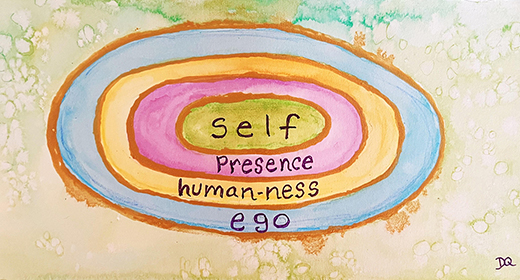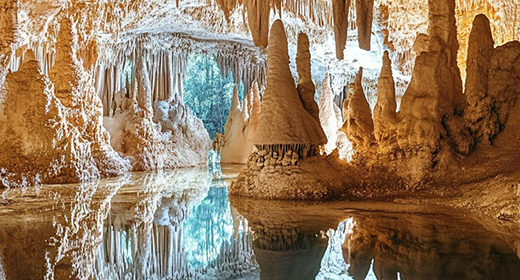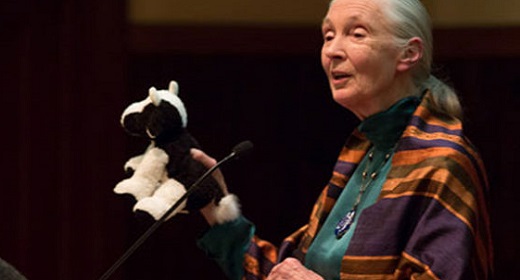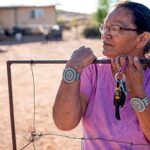The Great Spirit, also called Wakan Tanka among the Sioux, The Creator, or The Great Maker in English and Gitchi Manitou in Algonquian, is a conception of a supreme being prevalent among some Native American and First Nations cultures. According to Lakotah activist Russell Means a better translation of Wakan Tanka is The Great Mystery.
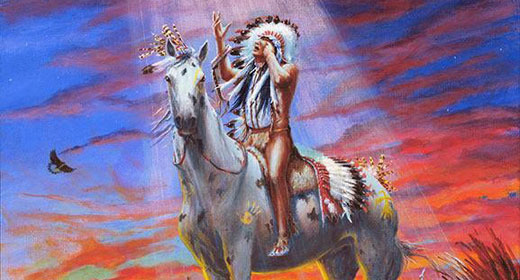
The Great Spirit or Great Mystery is generally believed to be personal, close to the people, and immanent in the fabric of the material world. Lakotah prayers refer to Him as Grandfather; however, not all Nations assign gender, or only one gender, to the Great Mystery. Chief Dan Evehema, a spiritual leader of the Hopi Nation, described the Great Spirit as follows:
“To the Hopi, the Great Spirit is all powerful. He taught us how to live, to worship, where to go and what food to carry, gave us seeds to plant and harvest. He gave us a set of sacred stone tablets into which he breathed all teachings in order to safeguard his land and life. In these stone tablets were inscribed instructions, prophecies and warnings.”
“Old Man” is how the Great Mystery is “known” by the Blackfoot people. Old Man personally created all things and personally instructed the Blackfoot people on how to attain spiritual wisdom in daily life: Old Man is not an anthropomorphic and anthropopathic god like Jesus, nor a panentheistic deity as in Brahmanism out of which the whole fabric of existence is derived. Rather, Old Man is simply acknowledged to exist in the sense of the Aristotelian “prime mover” (“prime mover” idiom provided for the benefit of European audiences) and the traditional teachings are attributed to “him” as a source. There are specific tales regarding Old Man doing this or that or saying this or that but rather than being enshrined in a ritualistic, symbolic, or codified religion, these teachings are more used to guide individuals and communities on a moment-by-moment basis. It is not a set of laws or code of living as much as a cultural lifestyle which focuses on the daily needs of the individual and the nation rather than any “universal” speculation.
“Ababinili” is how the Great Mystery is “known” by the Chickasaw people. Ababinili personally created all things and personally instructed the Chickasaw people on “how to live long and healthy lives:” In Chickasaw tradition Ababinili has extensive talks with various parts of “his” creation regarding the relation of mankind to Creation and how Creation and mankind each ought to behave in each case.
“Spider Woman” is the creative agency among the Hopi who personally created the four “colors” of mankind. “She” attributes to the Sun the power of Creation of all things and origin of all spiritual wisdom and in this way the Sun becomes the living manifestation for the Hopi of the Great Mystery which is personally “known” as Sotuknang: This may sound similar to Constantine’s adaptation of Jesus as the physical embodiment of the Pagan Sol Invictus in Christianity but it would be a mistake of similarity of APPEARANCE only. In ALL other regards it is a wholly independent concept which acknowledges real-life physical interdependence and relationships between the real physical Sun and all things in the web of Creation as opposed to allegorical symbolism prevalent in the MidEastern or African national (ethnic, not political) religions.
In Hopi tradition, life is defined as a process of change and prevailing and persistent human concepts across time are known as distinct “worlds”. This concept of life as a process of change is so prevalent that a person is acknowledged as a new identity each day and there is no such thing as a static personal identity upon which to create such static speculative religious concepts as an eternal Heaven or Hell as a “final destination”. The spiritual teachings to the Hopi attributed to Sotuknang are functionally equivalent to those of the Great Mystery as “known” by all other Turtle Island nations in that they specifically guide the individual and the nation as opposed to creating the speculative religious framework for universalism, conquest and domination enshrined in a ritualistic faith or dogmatic religion.


